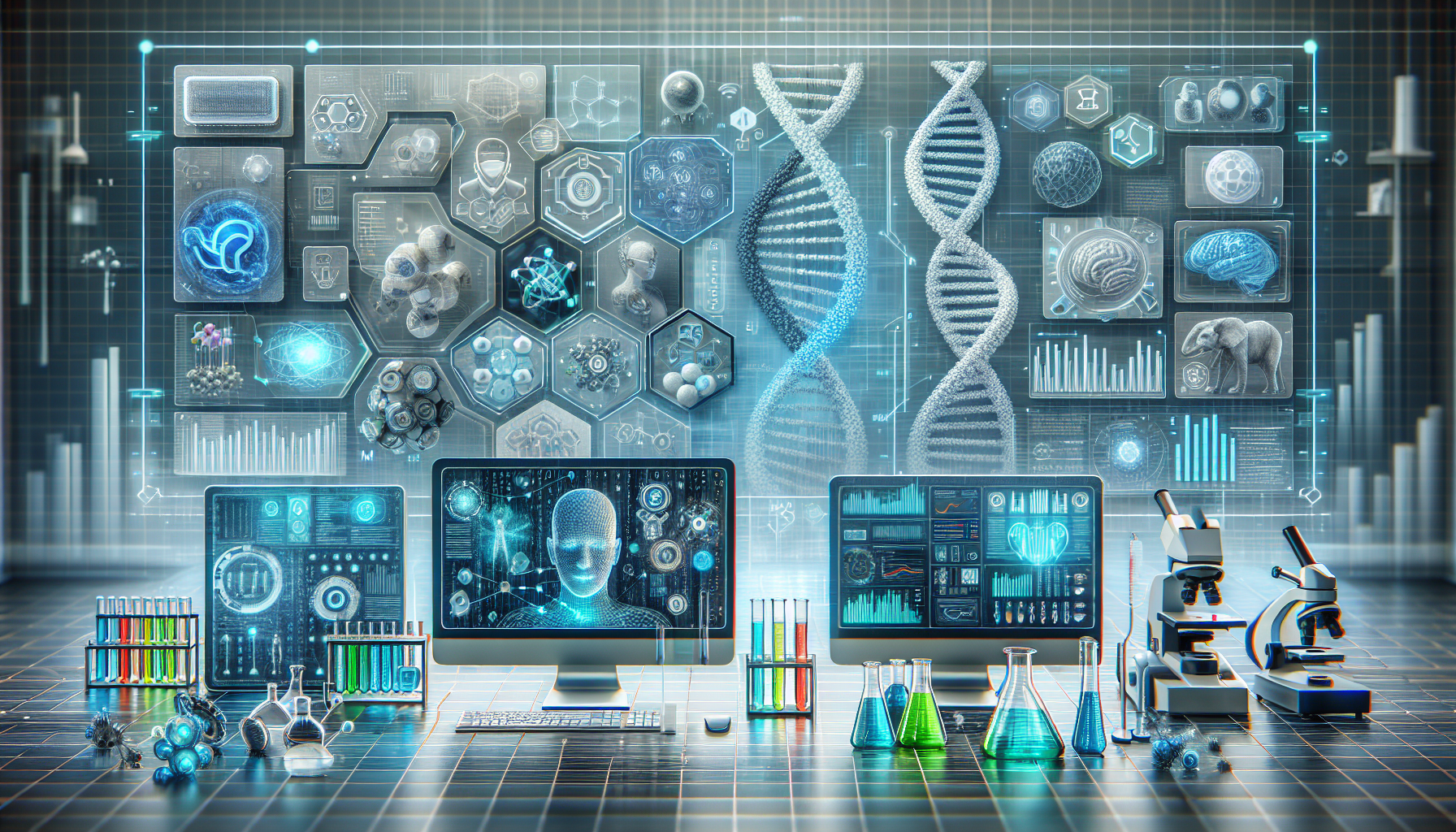AI-Powered Virtual Labs Revolutionize Drug Discovery and Disease Research
The traditional drug discovery process is lengthy, expensive, and often inefficient. However, the integration of artificial intelligence (AI) and machine learning (ML) into virtual laboratories is transforming the field, enabling faster, more efficient, and innovative biomedical research.
AI Scientists and Virtual Labs
Recent advances have led to the development of virtual laboratories powered by "AI scientists"—specialized AI agents that collaborate, design experiments, and propose new molecules or therapeutic strategies. These AI agents are capable of literature review, hypothesis generation, experiment planning, and data analysis, often working in tandem with human researchers for iterative improvement. For example, a virtual lab system recently designed nearly 100 antibody fragments (nanobodies) targeting COVID-19 in a fraction of the time required by human teams.
Accelerated Drug Discovery
AI-driven approaches are revolutionizing drug discovery by:
- Analyzing massive biomedical databases to identify new therapeutic targets, predict drug candidates, and uncover hidden relationships between drugs and diseases.
- Using virtual screening to predict how potential drug molecules interact with target proteins, and generative models (like GANs) to design new chemical structures with desired biological properties.
- Optimizing multiple objectives simultaneously (e.g., efficacy, toxicity, solubility), rapidly narrowing down promising candidates for experimental validation.
Integrated platforms, such as AI Drug Lab, host multiple models for tasks like ADMET (absorption, distribution, metabolism, excretion, toxicity) prediction and allosteric site identification, streamlining the design and evaluation process.
Drug Repurposing and Personalization
AI can also:
- Reveal new uses for existing drugs (drug repurposing), which is especially valuable for rare or neglected diseases.
- Analyze genomics, proteomics, and electronic health records to tailor therapies to individual patient profiles, optimizing efficacy and minimizing side effects.
The "Lab-in-the-Loop" Paradigm
The "lab-in-the-loop" approach tightly integrates computational predictions with laboratory experiments in a virtuous cycle: AI proposes hypotheses and designs, experimental labs validate them, and results feed back to further improve AI models. This iterative model mirrors the scientific method but at a vastly accelerated scale, leveraging both computational power and real-world data.
Benefits and Broader Impact
AI-powered labs significantly reduce the high costs and long timelines typically associated with drug discovery, increasing the probability of success and innovation. Beyond drug discovery, AI-virtual labs facilitate advances in understanding disease mechanisms, biomarker identification, and the development of diagnostics and personalized medicine strategies.
Challenges Ahead
While AI-virtual labs show great promise, challenges remain in data quality, interpretability of AI models, and the integration of virtual predictions with complex biological realities.
Conclusion
AI-powered virtual labs represent a generational leap in biomedical research, automating complex analyses and experimental design, and offering new hope for rapid, cost-effective discovery of treatments for a vast array of diseases. As the field continues to evolve, we can expect to see even more innovative applications of AI in drug discovery and disease research.
For more information on the applications of AI in science, check out Stanford’s Virtual Lab: How Autonomous AI Agents Are Accelerating Protein Discovery.
Read Next
- Google Launches Gemini CLI: Redefining Code Generation with AI in the Terminal
- How AI Email Campaign Optimization Boosts SaaS Conversions
- Big Tech AI Partners with Nuclear for Green Energy
- Generative AI Growth Explodes: 61% of Americans Use AI Tools
- Generative AI Growth: 61% of Americans Now Using AI Tools

